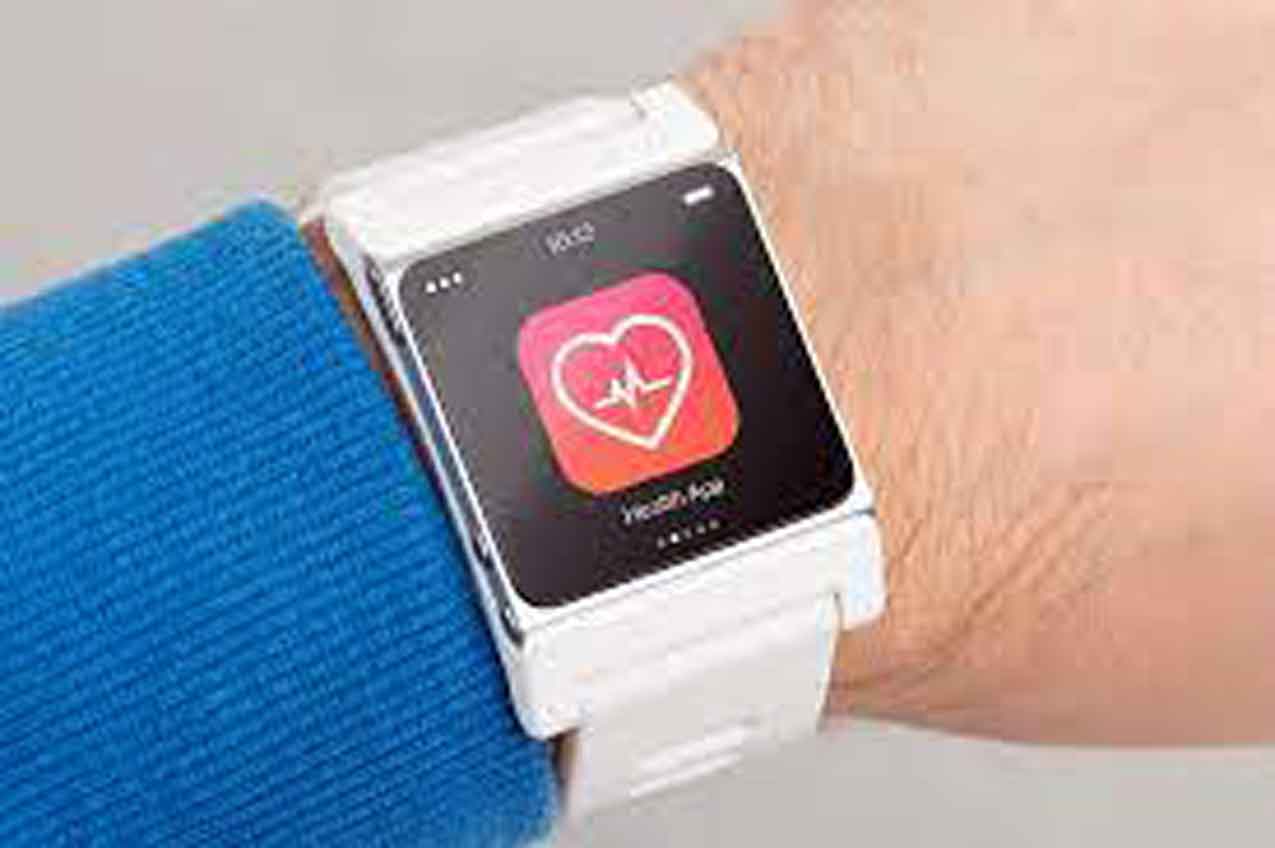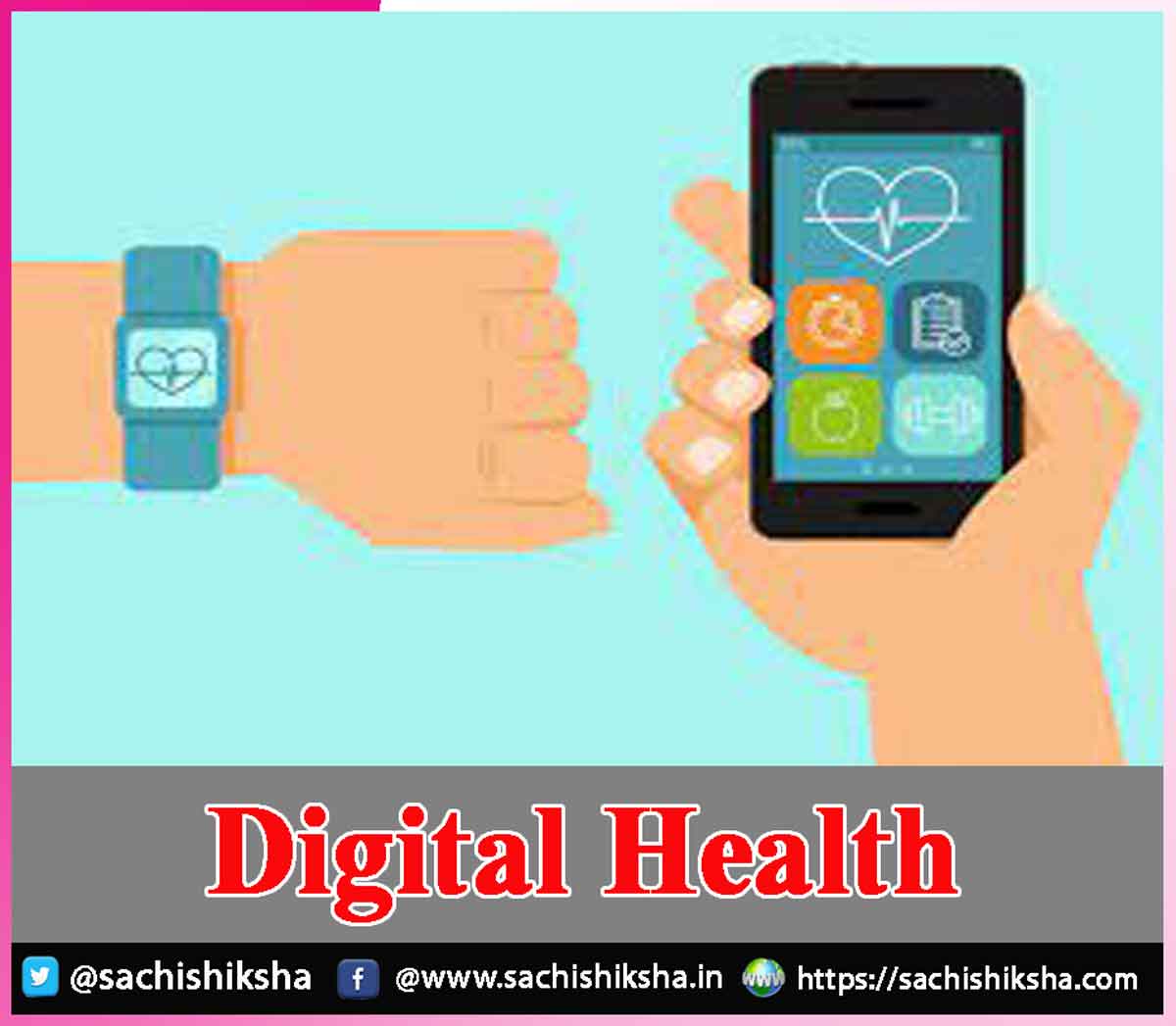Digital Health
Introduction: Digital health, often known as digital healthcare, is a wide, diverse term that encompasses ideas from the convergence between technology and wellness. Digital health is the application of the digital revolution to the area of healthcare, encompassing hardware as well as software and applications.
Table of Contents
Digital Health Framework:

Revolutionary Development:
Based on machine learning-powered purchasing suggestions to artificial intelligence-powered investment decisions, the age of technology has revolutionized much of the manner in which we work, exist, and perform. One of the most important developments created by digital technologies is the manner in which we obtain health care and satisfy our own medical demands.
Expansion of Digital Health Services:

Perhaps expected, the profession is rapidly expanding. According to 2023 analysis, the global market for digital health services will rise from 175 billion to approximately 660 billion in 2025. The rapid expansion reflects both the increasing demand for high-quality health care and the constantly growing accessibility of technological advances.
Everyday Use of Digital Health Services:
The majority of us, whether we realize it or not, we utilize digital health devices on a daily basis in any way for example; Smart watches and Fit bits, for instance, give consumers with continuous information on their daily activities, like the number of steps taken or their heart rate. The use of this technology gives consumers essential medical data that has the ability to contribute to their own physical well-being.
It is not a novel idea to use technology for communication and information to give digital health services in order to avert sickness and enhance the standard of life. Yet, in the face of worldwide concerns such as ageing, child sickness and death, pandemics and epidemics, rising expenses, and the consequences of deprivation and racial prejudice on the availability of healthcare, electronic health systems, healthcare systems, and associated technology are becoming increasingly important and evolving.
Govt Health-care Programs:
Government healthcare programs, such as the United States’ Affordable Care Act (ACA), have also resulted in new breakthroughs in digital health. Considering initial technological difficulties, the goals of ACA included enhancing the standard of healthcare through innovation. This includes, for example, enhancing the efficacy of EHRs and using computational modeling for monitoring expenditures on healthcare. Medical informatics is the use of technology and information to enhance customer health and care efficiency. This allows medical professionals to evaluate new programmes, identify opportunities for enhancement within the healthcare industry, and incorporate new technologies into healthcare.
COVID-19 Innovations:
The COVID-19 widespread has fueled the current digital shift in healthcare, adding to the flames of innovation. A patient-facing device such as digital symptoms checkers for the first portals for patients, remote monitoring of patients instruments, and telemedicine are among the most significant COVID-19 innovations. To reach health care objectives, digital health leverages the potential of digital technology such as advanced data analysis. As a result, everybody from patients to medical professionals and experts stands to benefit from this area.
AI, Automation & neural Network Advancements:
AI, big data, automation, and neural network advancements promise to have a significant impact on digital healthcare. Furthermore, changes in the digital healthcare ecosystem continue advancements in ingestible sensors, robotic careers, and gadgets and apps that remotely track patients.
Using access to information, digital solutions are providing clinicians with a broader understanding of patient wellness as well as allowing people to have more influence over their health. Digital health has the potential for improved results of medicine and increase productivity. These technologies have the potential to enable consumers to make better choices regarding their own wellness while offering fresh possibilities for assisting avoidance, early identification of life-threatening illnesses, and managing chronic illnesses beyond conventional medical environments.
Enhancing Health Treatment and Medical Consequences:
Digital health technologies are being used by doctors and other partners to minimize ineffectiveness, increase availability, lower expenditures, improve performance, and contribute to making medicine more personalized for patients.
Digital health technologies can help people of all ages effectively organize and monitor their well-being and health behaviors. The usage of technological devices such as mobile devices, social media platforms, and web-based applications are not only altering the way we share information, however it is also enabling novel methods for us to track our physical and mental well-being and providing more readily available information. These breakthroughs are bringing individuals, technology, information, and accessibility altogether in order to enhance health treatment and medical consequences.
Impact on health Care Business
FDA Rules:
Although digital technology has enhanced the delivery of healthcare and results, it has also had a significant impact on the health care business as a whole. Entrepreneurs and researchers have confronted new FDA rules in this new terrain, and health care workers have had to adjust to new innovations.
The Food and Drug Administration (FDA) in the United States has the requirements for health care items. The FDA has improved the rules for digital technology in the medical sector over the last decade to guarantee that software upgrades and enhancements may be put out with greater effectiveness. Yet, companies and IT professionals interested in entering the industry need to be prepared to cope with restrictions.
Rapidly Growing & Evolving Industry:
Professionals in medical fields are expected to grow more familiar with new digital technology than in previous years. While some professionals may be hesitant to use such cutting-edge technology, others might perceive it as a chance to enhance their own medical operations as well as the treatment strategies of their patients. Health care is a rapidly evolving and constantly shifting industry.
Data Integration:
Patients, health care providers, technology builders, policy makers, and other individuals have all been affected by the digitization of healthcare. Data integration is a continuing difficulty due to the enormous quantity of data produced from a range of platforms that organize and analyze data uniquely.
Confidentiality and Safety:
Other challenges include difficulties that encompass patient knowledge of digital technologies and the ensuing disparities in access to healthcare to maintaining data to accessibility, distributing, and control. These considerations, in turn, generate worries about confidentiality and safety.














































